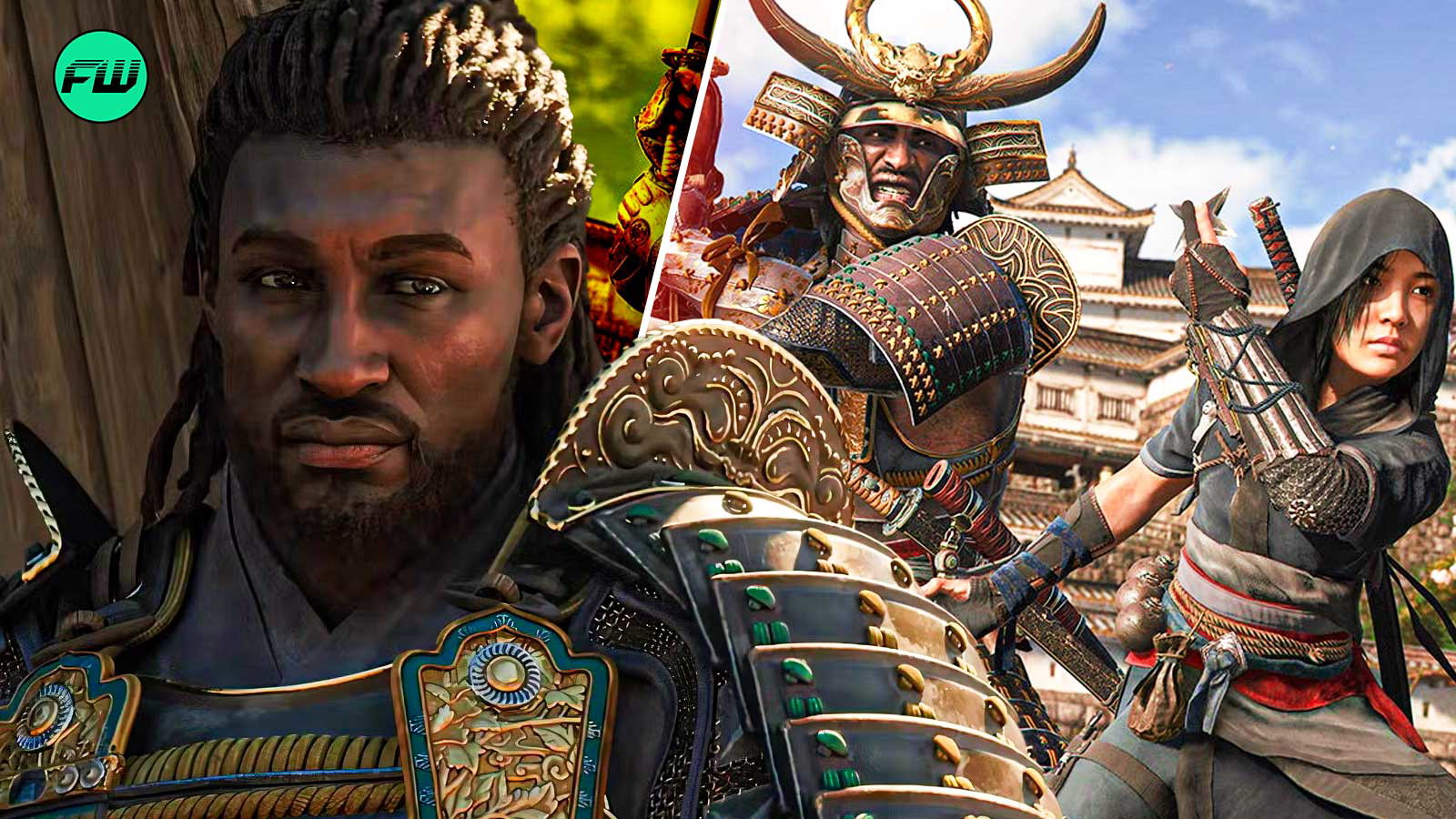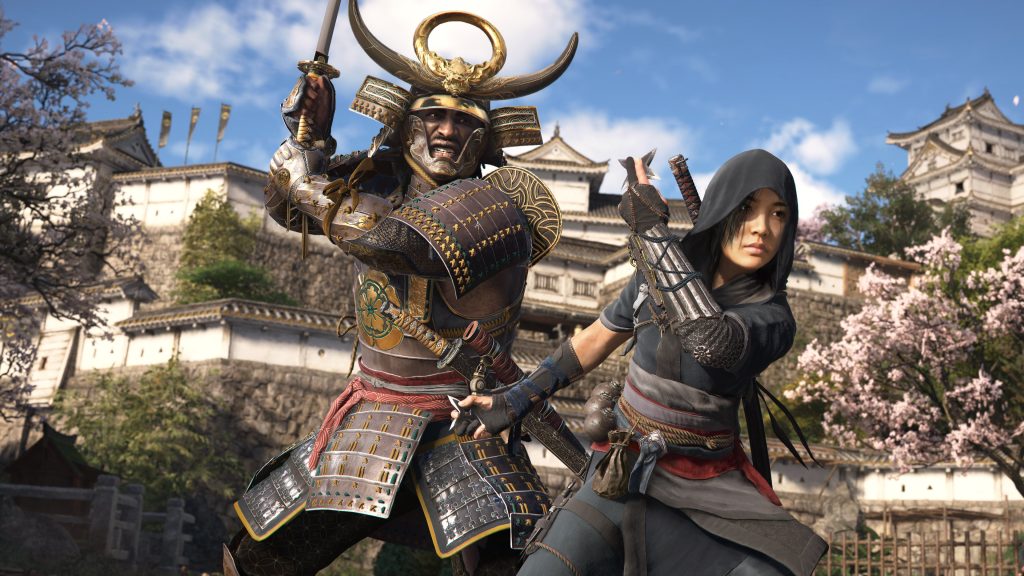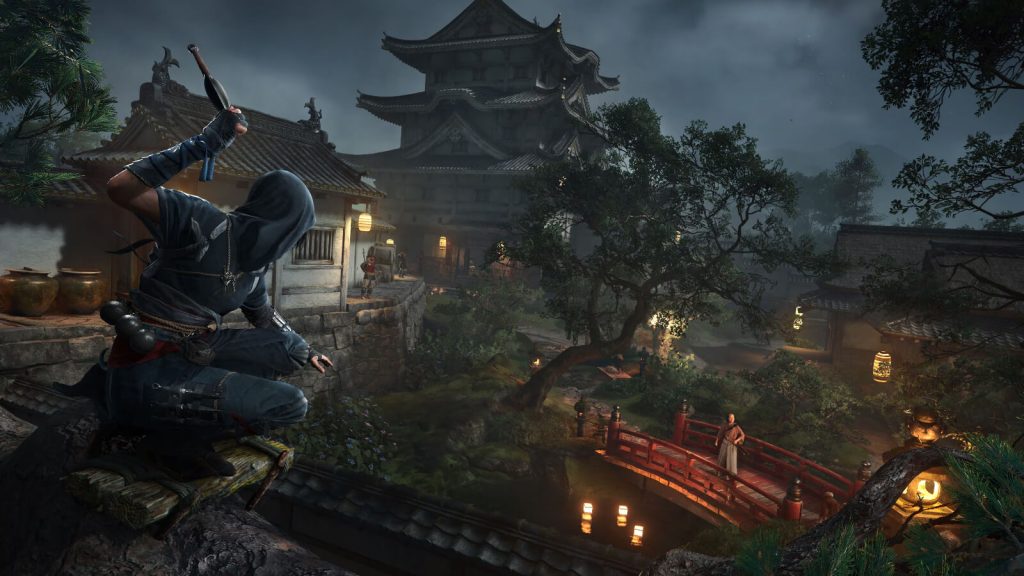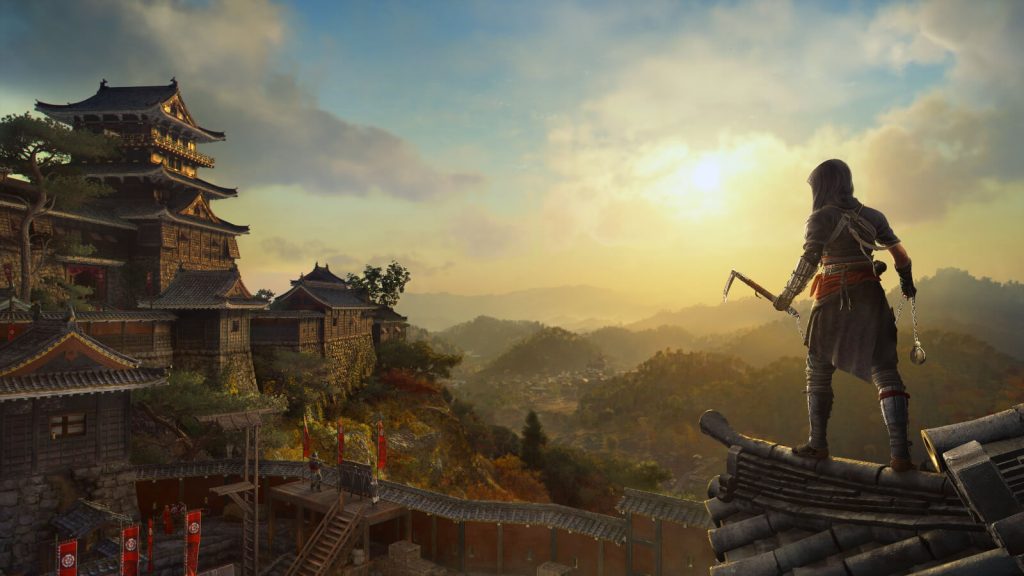Ubisoft’s Assassin’s Creed Shadows is under fire for misrepresenting Yasuke and allegedly stealing elements from One Piece for promotion.

Even since its announcement, Assassin’s Creed Shadows has been the talk of the town, and not for any good reasons. The game has faced many controversies regarding almost every aspect of the game showcased by Ubisoft. The game which promised an immersive narrative and engaging gameplay is slowly getting ripped apart by all these accusations.
 The game finds itself in yet another controversy regarding Yasuke. | Image Credit: Ubisoft
The game finds itself in yet another controversy regarding Yasuke. | Image Credit: Ubisoft
The major controversies all revolve around one of the game’s main protagonists Yasuke and his origin. It looks like the situation is getting even worse, as one of the regional PR teams of the game has released some images with controversial texts. After seeing the image and message, fans are now accusing the studio of stealing from the popular anime series One Piece, further complicating Yasuke’s situation.
Assassin’s Creed Shadows Facing Yet Another Allegation
 Assassin’s Creed Shadows is now accused of stealing from a beloved and popular anime, One Piece. | Image Credit: Ubisoft
Assassin’s Creed Shadows is now accused of stealing from a beloved and popular anime, One Piece. | Image Credit: Ubisoft
The initial wave of criticism surrounding Assassin’s Creed Shadows focused mainly on the game’s historical inaccuracies regarding the protagonist Yasuke. However, as time passed by and more details about the game were released, the criticism started changing into accusations. First, the use of a flag belonging to a Japanese historical re-enactment in the game’s concept art landed Ubisoft into hot water.
Now the latest controversy stems from a replica sword that was displayed at France’s Japan Expo and allegedly used for promotional purposes. The issue arrived when fans realized that this sword was an exact replica of Zoro’s Sandai Kitetsu from One Piece. However, the problem was made even worse when on Twitter, Ubisoft’s France account said the sword belonged to Yasuke.
Katana et masque de Yasuke (par @PureArtsLimited ❤️) ou encore artworks du jeu, notre stand Ubisoft à la @japanexpo vous propose une expérience… immersive 👀🔴
On vous immerge avec nous dans l’esprit du jeu jusqu’au dimanche 14 juillet ! 🥷 pic.twitter.com/tzkE2BnkO6
— Assassin’s Creed FR (@AssassinsFR) July 11, 2024
This error is not small and goes beyond even the incorrect placement. This touches on deeper issues related to historical and cultural representation of the character.
Adding more fuel to the controversy, the investigator on the website found that the symbol on the sword stand is a Buddhist-themed Kanji inscription which is completely different from Yasuke’s origin, as he was believed to be either Catholic or Muslim but certainly not Buddhist.
The mishandling of Yasuke’s representation and the sword’s origins has led many to say that the company’s marketing team needs to do rigorous research before posting about the historical and cultural elements of the game.
Ubisoft Must Show Greater Care in Historical Representation
 The controversy highlights the broader issues in the gaming industry. | Image Credit: Ubisoft
The controversy highlights the broader issues in the gaming industry. | Image Credit: Ubisoft
The controversy surrounding Assassin’s Creed Shadows and the accusations of theft from One Piece highlights the major issue in modern media: the unethical way of dealing with historical figures and cultural content. Even though Ubisoft has not responded to the matter yet, it should learn its lesson from this fallout.
However, The current situation raises quite a few important questions but the most important would be how to respectfully and accurately portray lots of diverse cultural and historical narratives in a way that honors both their origins and significance.
In a way, now that this mishandling is clearly portrayed by one of the known gaming studios, other companies will think twice before disrupting the very delicate balance between historical accuracy and creative storytelling while also respecting cultural and religious nuances, ensuring that such representations are both accurate and ethically sound.
In the end, as the gaming industry continues to evolve further and try to showcase various diverse cultures present in the world, companies need to acknowledge and honor the complexities of history and cultural narratives.
Do you think Ubisoft will learn from this fallout or they will continue to go its own way? Share your thoughts with us in the comment section below.


